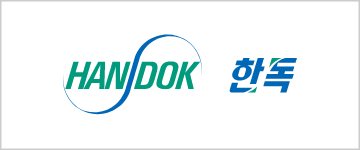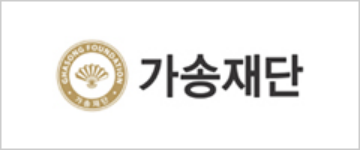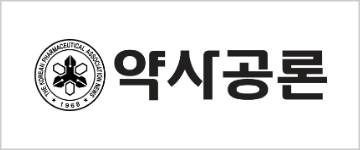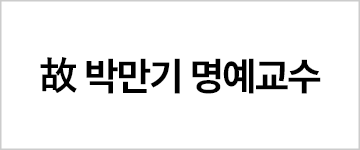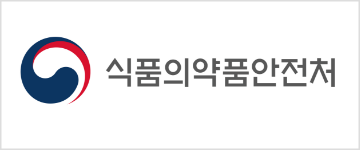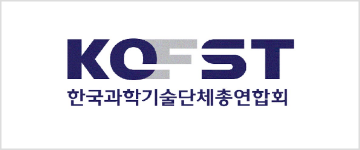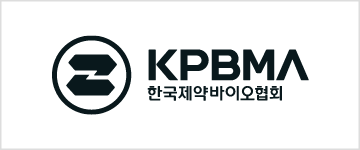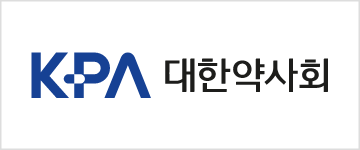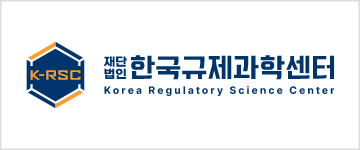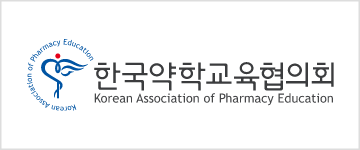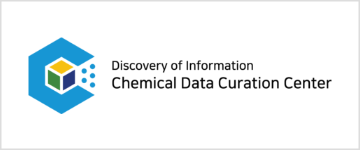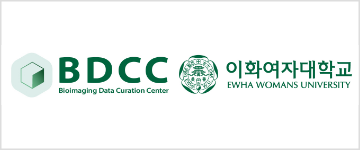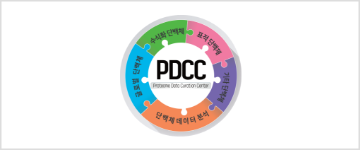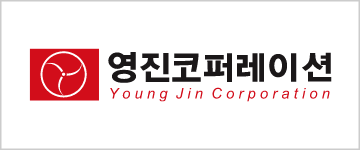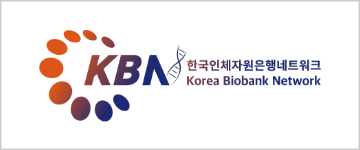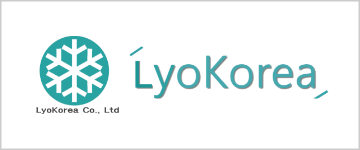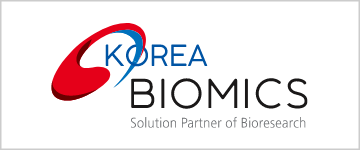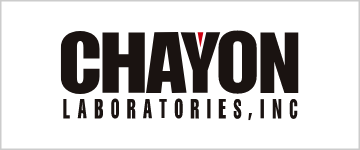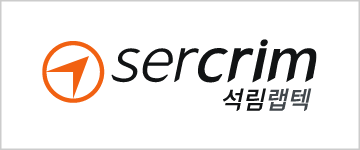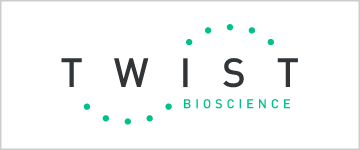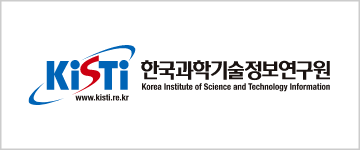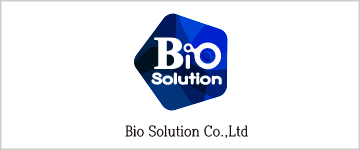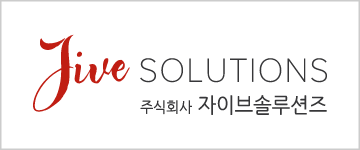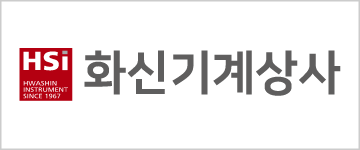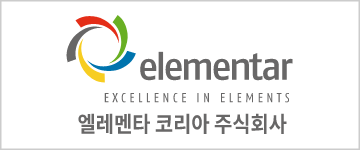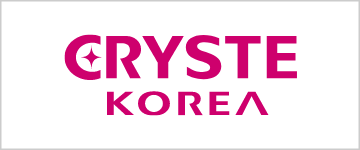2025 Fall
International Convention of PSK
2025 CONVENTION
Abstracts
Signal detection for Iodixanol-associated drug reaction with acute generalized exanthematous pustulosis using the Korea adverse event reporting system database.
- Haeun Kim1, Eunmi Choi1, Jungah Lee1, Myungsik Yoo1, Hyunjoo Jung*1
- 11Korea Institute of Drug Safety and Risk Management (KIDS), Seoul, Republic of Korea
The Korea Institute of Drug Safety & Risk Management (KIDS) detects signal information based on the Korea Adverse Event Reporting System (KAERS) data. When major countries raise safety concerns, KIDS assesses the need for regulatory actions. This study aims to evaluate the necessity of domestic regulatory actions, including changes to product labeling, in response to safety information on iodixanol raised overseas.KIDS analyzed the association between iodixanol and acute generalized exanthematous pustulosis (AGEP) using the KAERS database (up to June 2024). Data mining involved proportional reporting ratio (PRR) and chi-square (χ²) analysis. Following signal detection and prioritization, Individual Case Safety Reports (ICSRs) were reviewed for supporting evidence. As a result of analyzing both domestic and foreign databases, the data mining index values of foreign reports were statistically significant and met the criteria of the priority algorithm. The iodixanol-AGEP pair was identified as a signal (44 reports, PRR=52.97, χ²=2,175.43). Additionally, after reviewing the original reports, we concluded that this was a significant signal. Based on the analysis, KIDS proposed revising Iodixanol labeling to the Ministry of Food and Drug Safety (MFDS). Considering international regulatory trends, the MFDS implemented labeling changes for Iodixanol products.
Q&A
- There are no registered questions








